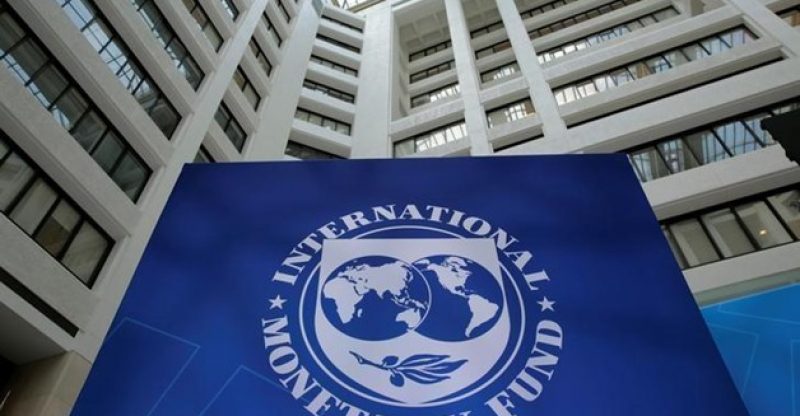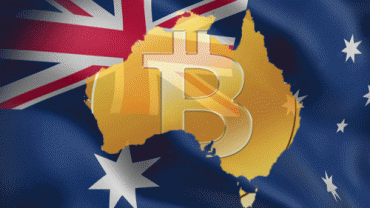The IMF Releases New Report About Global Monetary Policy In The Digital Age
Recently, the International Monetary Fund (IMF) published a report about global monetary policy in the digital age which explains that crypto assets may one day reduce demand for central bank money. The IMF wrote the study after an IMF staff meeting. During the meeting, they discussed that cryptocurrencies could someday lower the demand for fiat currencies by creating a shift from credit money to commodity money.
These days, bitcoin is a very hot topic in the IMF, especially with Bitcoin tech and other cryptocurrency solutions. Christine Lagarde, the Managing Director of the IMF noted some possible stuff concerning digital currencies. Also, the IMF unveiled a photo indicating the evolution of money, a photo of a bitcoin which was displayed on the front page of its website. Now the IMF has released a report written by a variety of IMF researchers who note: “We cannot rule out the possibility that some crypto assets will eventually be more widely adopted and fulfill more of the functions of money in some regions or private e-commerce networks.”
This new report notes that the global financial crisis and bank bailouts have renewed skepticism in some quarters of the world and there’s a possibility that digital assets can affect the traditional global monetary policies. In addition to that, it mentions about payment shifts, where cryptocurrencies could replace fiat in some regions.
The IMF report explains that: Such a shift could also portend a change in the way money is created in the digital age: from credit money to commodity money, we may move full circle back to where we were in the Renaissance. Adding, Economist continues to debate the origins of money, and why monetary systems seem to have alternated between commodity and credit money throughout history. If crypto assets indeed lead to a more prominent role for commodity money in the digital age, the demand for central bank money is likely to decline.
The report also elaborates on how banks should deal with competitive pressure and they should continue to solidify fiat currencies as a unit of account. On the other hand, cryptocurrencies have a hard time becoming a standard unit of account reason being valuation is largely based on beliefs that are not well anchored which has made the majority of digital currencies quite volatile, the IMF stated.
Finally, the study made note that central banks could counteract with their own digital currencies. Also stating that the banks have many challenges and opportunities in this digital age but they must regain the public’s trust to remain relevant. The reports conclude that they can remain relevant by providing more stable units of account than crypto assets and by making central bank money attractive as a medium of exchange in the digital economy.





